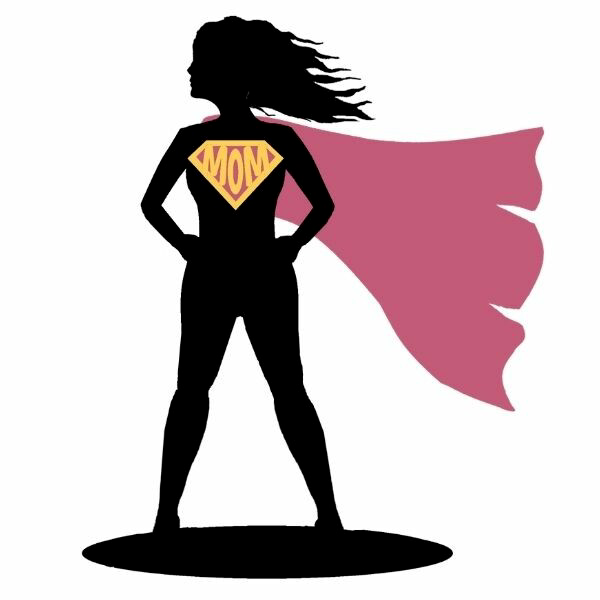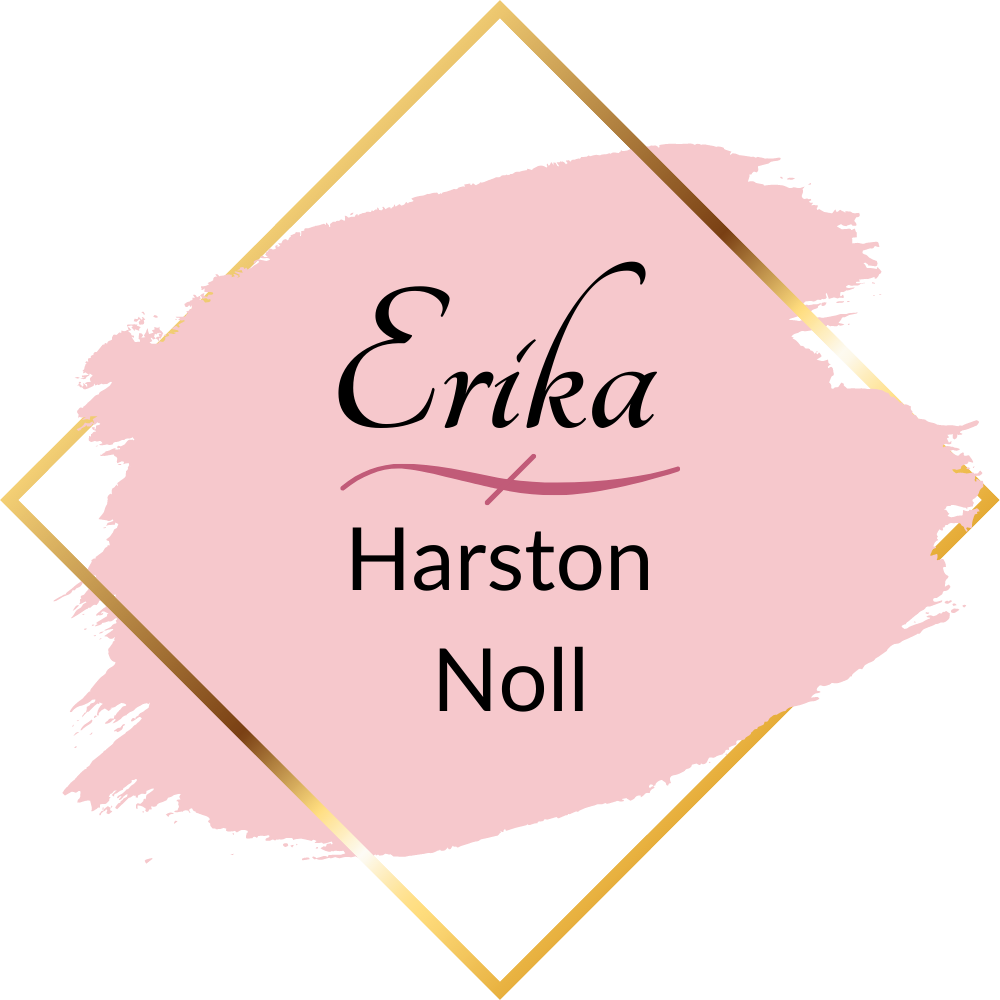Halloween is a time of excitement, costumes, and treats. For moms who prefer to offer plant-based alternatives to their kids, there are plenty of creative options that can make Halloween just as enjoyable and wholesome. Here are some fantastic recipes for healthy and fun plant-based Halloween snacks that your kids will love.
Spooky Banana Ghosts
- Bananas
- dark chocolate chips
- raisins
Instructions:
- Peel the bananas and cut them in half.
- Using chocolate chips, press two into each banana to create eyes.
- Take one chocolate chip or raisin and place it below the eyes to form a mouth, resembling a ghost's face.
- Arrange the spooky banana ghosts on a platter and let your kids enjoy these charming and healthy treats.
Frankenstein Avocado Toast
- Whole wheat bread slices, toasted
- Ripe avocados
- Lime juice
- Salt
- Black sesame seeds or sliced black olives
- Cherry tomatoes, halved
Instructions:
- Mash the ripe avocados in a bowl and add a squeeze of lime juice and a pinch of salt for flavor.
- Spread the avocado mixture onto the toasted bread slices.
- Use black sesame seeds or sliced black olives to create Frankenstein's eyes and mouth on the avocado toast.
- Place a halved cherry tomato on top to resemble Frankenstein's hair.
- Serve the Frankenstein avocado toast as a spooky and nutritious Halloween snacks.
Jack-o'-Lantern Veggie Sticks
- Assorted vegetables like carrots, cucumbers, bell peppers, and celery
- Hummus or your favorite plant-based dip
Instructions:
- Cut the vegetables into stick shapes, ensuring they are long enough to be easily held by little hands.
- Arrange the vegetable sticks on a platter to resemble a pumpkin's face, creating eyes, a nose, and a mouth.
- Fill a small bowl with plant-based hummus or dip and place it in the center of the platter.
- Let your kids enjoy the crunchy and vibrant Jack-o'-Lantern veggie sticks with their favorite dip.
Monster Apple Teeth:
- Green apples
- Natural peanut butter or almond butter
- Slivered almonds
Instructions:
- Slice the green apples into thin wedges, removing the core and seeds.
- Spread a layer of natural peanut butter or almond butter on one side of each apple slice.
- Place slivered almonds onto the peanut butter or almond butter, creating the appearance of "monster teeth."
- Assemble the monster apple teeth on a plate and watch your kids delight in these playful and healthy Halloween snacks.
With these plant-based alternatives, you can make Halloween both delicious and nutritious for your little ones. Whether it's spooky banana ghosts, Frankenstein avocado toast, Jack-o'-Lantern veggie sticks, or monster apple teeth, these recipes will provide your kids with fun and satisfying treats while promoting a plant-based lifestyle. By offering these healthy options, you can ensure that Halloween remains a festive and enjoyable experience for the whole family. Happy Halloween!
My blogs contain some affiliate links.
Any purchase made is a blessing to my family at no extra cost to you!
Thank you for supporting us!


As a mom on a journey to transform my health and life, I have come across numerous books that have profoundly impacted my well-being. These ten books encompass a diverse range of topics, including natural healing, healthy living, childbirth, and personal growth. Each book has played a significant role in shaping my perspective and empowering me to make positive changes. Join me as I share the top 10 books that have changed my life for the better.
- Hypnobirthing: the Mongan Method by Marie Mongan: Marie Mongan's Hypnobirthing method is an invaluable resource for expectant mothers seeking a calm and empowering birth experience. This book taught me more than just techniques to manage pain and anxiety during labor, leading to a more positive birthing journey. It taught me to give birth without fear, and I went on to have pain-free birth!
- Eat to Live by Joel Fuhrman, MD: Joel Fuhrman's Eat to Live is a groundbreaking book that emphasizes the importance of a nutrient-dense, plant-based diet. Through this book, I learned about the power of food as medicine, and how to nourish my body with wholesome, life-giving foods. The impact on my health has been huge, helping me overcome poor immune system function.
- Desk Reference for Essential Oils by Life Science Publishers: This comprehensive guide to essential oils has become my go-to resource for natural remedies and holistic well-being. It provides detailed information on various essential oils, their benefits, and practical applications, helping me harness the therapeutic properties of nature. It has been invaluable in helping me get through acute situations as well as solving long-term health issues.
- Lucy Libido by Lucy Libido: Lucy Libido's book offers a refreshing and empowering perspective on enhancing intimacy and sexual wellness. This book helped me embrace my femininity and prioritize self-care, leading to a more fulfilling and intimate relationship. For all you moms out there, this book rocks!
- Dissolving Illusions by Suzanne Humphries and Roman Bystrianyk: Dissolving Illusions challenges conventional wisdom surrounding vaccines and infectious diseases. It provides a well-researched exploration of historical data, allowing me to make informed decisions about my family's health.
- Atomic Habits by James Clear: In Atomic Habits, James Clear shares practical strategies for building and breaking habits effectively. This book helped me develop a growth mindset and implement small but significant changes in my daily routine, resulting in long-lasting positive transformations.
- The 21 Laws of Leadership in the Bible by John Maxwell: John Maxwell's book draws wisdom from biblical principles to inspire and guide leaders. It taught me invaluable lessons about integrity, influence, and character development, encouraging me to lead with purpose and authenticity.
- Prescription for Natural Healing by James Balch and Phyllis Balch: Prescription for Natural Healing is an essential guide for natural remedies and alternative therapies. It offers comprehensive information on various health conditions and holistic approaches to healing, empowering me to take charge of my well-being.
- Ina May's Guide to Breastfeeding by Ina May Gaskin: Ina May Gaskin's guide is a must-read for new mothers embarking on the breastfeeding journey. With practical advice, inspiring stories, and evidence-based information, I wish I had found this before my first child; it would have helped me immensely! This book can help you overcome challenges and establish a nurturing bond with your baby.
- Ningxia Wolfberry: The Ultimate Superfood by Gary Young, Ronald Lawrence, and Mark Schreuder: This book explores the incredible health benefits of Ningxia Wolfberries, a potent superfood. It delves into these berries' nutritional properties, antioxidants, and wellness-promoting qualities, inspiring me to incorporate them into my diet for enhanced vitality. This berry has changed my life!
These ten books have been instrumental in my personal transformation, guiding me towards a healthier, more fulfilling life. From childbirth to natural healing, personal growth to healthy living, each book has contributed to my overall well-being. I encourage you to explore these transformative works and discover the positive impact they can have on your own health journey.
My blogs contain some affiliate links.
Any purchase made is a blessing to my family at no extra cost to you!
Thank you for supporting us!


The unhealthy nature of the school lunch program plays a significant role in the rising rates of childhood obesity. A study published in JAMA Pediatrics found that students who regularly consumed school lunches had a higher likelihood of being overweight or obese compared to those who brought their own lunches from home. This correlation highlights the urgent need for healthier options within school cafeterias.
Read more...
For many years, dairy products have been celebrated as essential for maintaining strong bones and overall health. However, recent research challenges this idea and suggests that dairy may not be as indispensable as once believed. Let's explore several reasons why dairy might not be necessary for optimal health, supported by relevant facts and scientific findings.
Lactose Intolerance:
About 68%* of the world's population experiences difficulty digesting lactose, the sugar found in milk and dairy products. This can lead to unpleasant symptoms like bloating, gas, diarrhea, cramping, and stomach pain. The prevalence of lactose intolerance underscores the idea that dairy may not be suitable for everyone's digestive systems.
Calcium Absorption:
Contrary to popular belief, studies suggest that dairy might not be the top source of calcium for maintaining robust bones. In fact, not everyone can effectively absorb the calcium present in dairy products. Fortunately, alternative sources like leafy greens or fortified plant-based milks provide adequate calcium intake, ensuring proper bone health without relying solely on dairy. Also, calcium bioavailability is different across different sources. "For example, dairy foods have a bioavailablity of about 30% absorption so if a food label on milk lists 300 mg of calcium per cup, about 100 mg will be absorbed and used by the body. Plant foods like leafy greens contain less calcium overall but have a higher bioavailability than dairy. For example, bok choy contains about 160 mg of calcium per 1 cup cooked but has a higher bioavailability of 50%, so about 80 mg is absorbed. Therefore, eating 1 cup of cooked bok choy has almost as much bioavailable calcium as 1 cup of milk."**
Increased Risk of Chronic Diseases:
Mounting research indicates a potential connection between high dairy consumption and an elevated risk of chronic diseases. Excessive dairy intake has been associated with conditions such as obesity, type 2 diabetes, cardiovascular issues, and cancer. These findings raise concerns about the long-term impact of dairy on our overall health. Check out the China Study!
Potential Allergies and Sensitivities:
Dairy products contain proteins like casein and whey, which can trigger allergies or sensitivities in certain individuals. Symptoms can range from mild discomfort, such as digestive issues or skin reactions, to severe allergic reactions. Recognizing and addressing these allergies or sensitivities is vital, allowing individuals to avoid potential risks and explore suitable dairy alternatives for their dietary needs.
Saturated Fat and Cholesterol:
Full-fat dairy products often contain high levels of saturated fat and cholesterol. FYI - most cheese is full fat, meaning it comes from whole milk with the most saturated fat and cholesterol. Overconsumption of these components has been associated with an increased risk of heart disease and other cardiovascular problems. It's prudent to be mindful of saturated fat and cholesterol in our dairy choices to safeguard heart health.
When it comes to dairy, it's time to reconsider its role in our diet. Lactose intolerance, potential links to chronic diseases, allergies, the presence of saturated fat and cholesterol, and the easy access to alternative calcium sources, all demand our attention. Let's listen to our bodies, stay up-to-date with research, and make informed choices about what we eat. Prioritize your well-being and strive for a balanced approach that suits you. Remember, everyone's nutritional needs are unique, so embrace a diverse and varied diet to boost your health.
My blogs contain some affiliate links.
Any purchase made is a blessing to my family at no extra cost to you!
Thank you for supporting us!


The fall season is upon us, which means it's time to start thinking about how to stay well. Being well is not something that just the lucky people experience. There are reasons why certain people stay well and others do not. There are some proven things you can do to stay on top of your health, so be proactive! Here are four tips for staying well this fall season:
1. Make Good Food Choices: Eating a nutritious diet is one of the best ways to stay well during the fall months. Incorporate plenty of fruits, vegetables, and whole grains into your diet to boost your immune system and keep your body healthy. Eating the rainbow is more important than ever. Be sure to eat a big salad with the elements of a perfect salad every day. Limit or eliminate dairy, as it contributes to inflammation and mucous production. Also, be sure to drink plenty of water to stay hydrated.
2. Use Supplements: Taking supplements is a great way to ensure that your body is getting the vitamins and minerals it needs to stay healthy. Vitamin C, Vitamin D, and zinc are great for boosting immunity, so be sure to take them daily during the fall months. Elderberry and Wolfberry supplements are also excellent to keep your immune system going strong. Prevention is always a great option! See my favorites list below.
3. Use Essential Oils: Essential oils can be used in a variety of ways to boost immunity and keep you feeling healthy during the fall months. You can add them to your diffuser, apply them topically, or take them internally* to keep yourself feeling well. Not only do they smell amazing, but they support your body in a variety of ways and help you stay on top of your health!
4. Be Proactive In Your Health: Lastly, remember to be proactive in your health this fall season. Regular exercise to keep your circulation and lymphatic system moving and hand-washing are both great ways to prevent getting sick. Keep moving, especially when the weather gets cooler. Taking care of yourself is so important!
There's no need to dread this season! By following these four tips—making good food choices, using supplements, using essential oils, and being proactive in your health—you can actually enjoy the beautiful crisp weather while staying well at the same time. So don't wait—implement these tips into your life today and enjoy a healthy season!
My favorite fall/winter wellness list.
*Please only take essential oils internally that are labeled as a supplement. I only use Young Living internally and with over 20 years of use - they are undeniably safe.
My blogs contain some affiliate links.
Any purchase made is a blessing to my family at no extra cost to you!
Thank you for supporting us!



